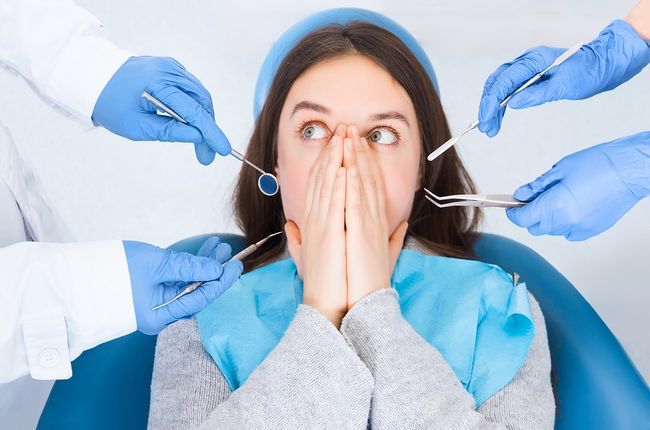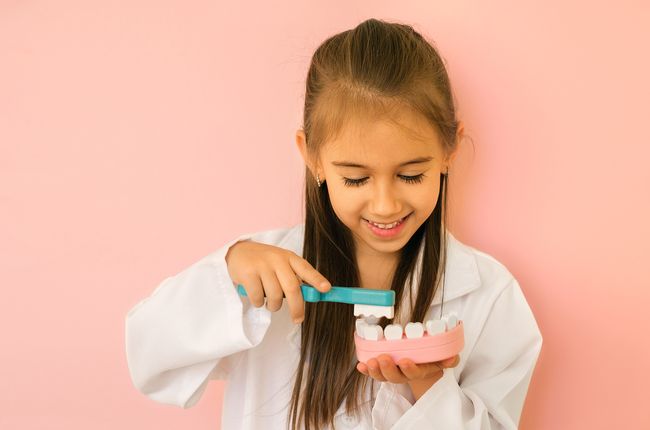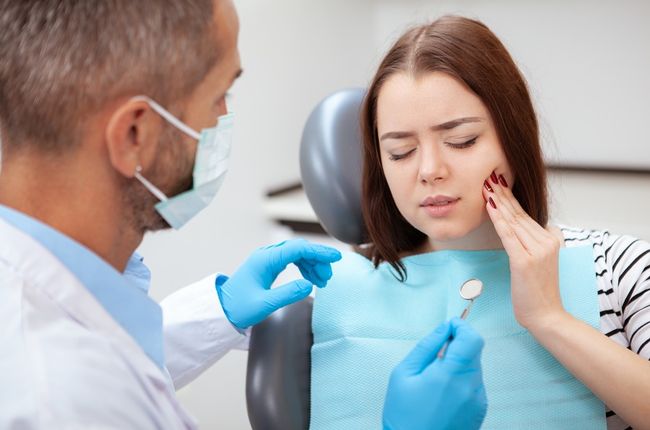Bad breath can disrupt your life and affect other people around you. It can prevent you from enjoying your favorite meals and leave you feeling self-conscious.
Brush Your Teeth Twice Daily
Everyone should brush their teeth a minimum of two times daily. Brushing helps to prevent cavities and tooth decay by removing plaque and food before it has the opportunity to harm the teeth. Brushing the tongue also helps to kill bacteria that cause bad breath.
In order to receive the full benefits of brushing, the toothbrush should be held at a 45-degree angle against the gums and gently moved back and forth in small quarter-sized strokes. Brushes need to be replaced once the bristles become frayed in order to clean the mouth effectively. If an electric toothbrush is used, the head may need to be replaced every few months.
Floss at Least Once a Day
In addition to brushing twice a day, it is important to floss daily. Flossing helps to dislodge food particles that are stuck between the teeth that a toothbrush cannot reach. The dentist may recommend a specific type of flossing called water flossing to remove trapped food and plaque from under the gum line.
Even if you are great at cleaning your teeth, skipping out on flossing once per day can lead to serious dental health issues, including cavities, gum disease, and bad breath. Rather than wait for these severe oral problems to occur, it’s best to take a proactive approach to your oral hygiene by flossing once per day. Don’t wait until it’s too late!
Brush Your Tongue
The tongue is a breeding ground for bacteria that cause bad breath and gum disease. To thoroughly clean your mouth, brush your tongue as well as your teeth for at least two minutes every time you brush your teeth. The American Dental Association recommends that you brush your tongue with gentle strokes. Some toothbrushes have special rubber tips that are designed for cleaning the tongue.
Clean Dentures and Dental Appliances
Over time, your dentures can collect food particles and bacteria, which can cause bad breath. Soaking dentures overnight in a mild denture cleaner can also help to clean and deodorize them.
Wearing ill-fitting dentures can also cause mouth sores. Make sure you get your dentures regularly checked by your dentist to ensure a good fit as well as good suction to the gums. Proper fit is vital when it comes to preventing bacteria and plaque buildup on your dentures.
Avoid Dry Mouth
A dry mouth happens when there is less saliva than usual present in your mouth and can result in bad breath as well. Saliva helps wash away food particles stuck in between teeth as well as neutralizes the acids produced by the bacteria in the mouth. These acids are the reason your mouth smells bad. If you are dehydrated or have an illness that causes you to not produce enough saliva, your dentist may recommend artificial saliva to help combat this problem. Other causes include certain medications that dry out the mouth, chemotherapy, diabetes, Sjogren’s Syndrome, and other autoimmune diseases.
To learn more, contact Todd Curley D.D.S. at Hot Springs Rd, Ste D110, Murrieta 39755, or phone (951) 698-6220.
More Blog Posts
Office Hours
MON - SAT9:00 am - 6:00 pm
SUNClosed















